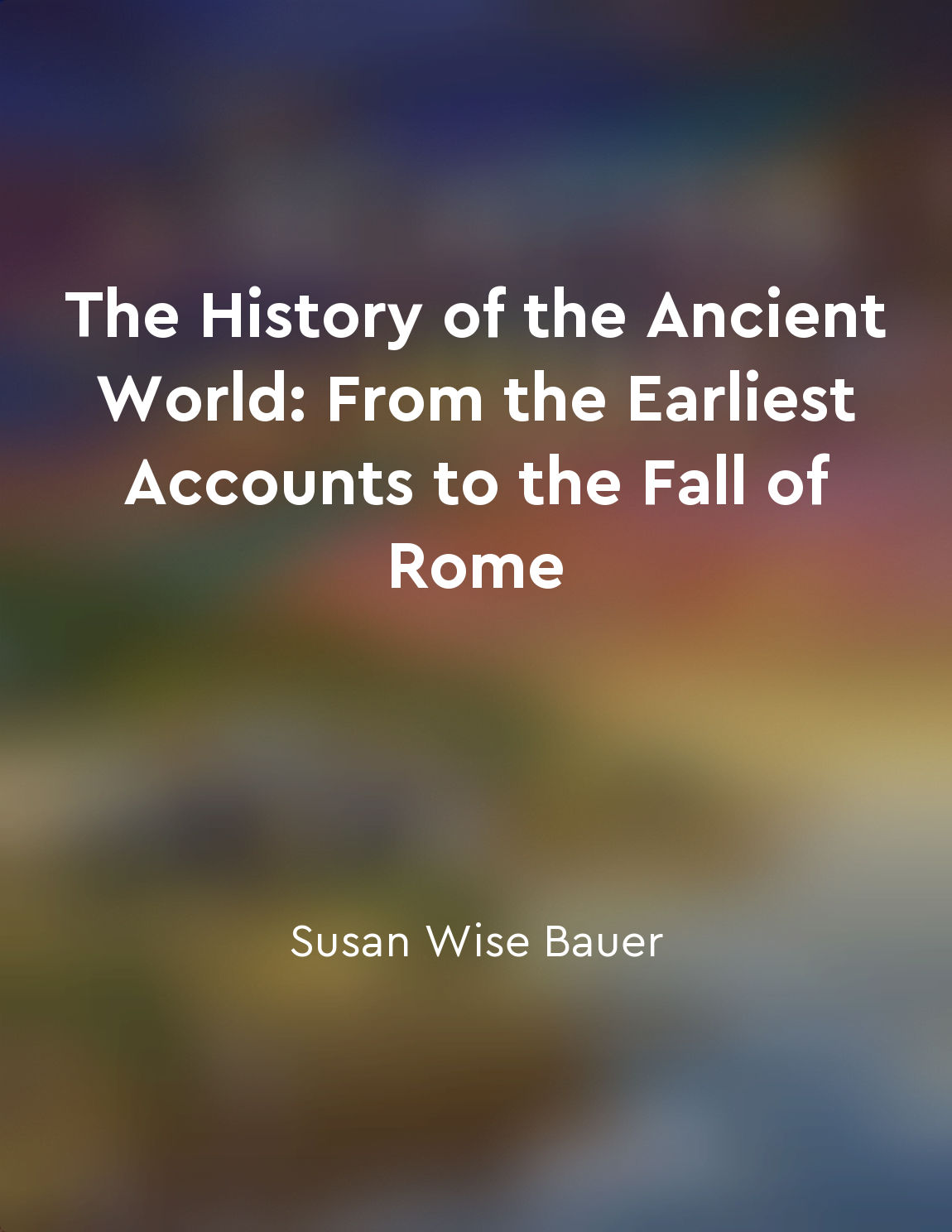Audio available in app
Discuss the establishment of new political systems in Europe from "summary" of The History of the Ancient World: From the Earliest Accounts to the Fall of Rome by Susan Wise Bauer
The establishment of new political systems in Europe was a complex process that unfolded over centuries, marked by shifts in power, the rise and fall of empires, and the emergence of new forms of governance. As the ancient world gave way to the medieval era, the political landscape of Europe underwent significant transformations. One of the key developments during this period was the decline of the Roman Empire and the subsequent fragmentation of political authority. With the collapse of centralized Roman rule, new political entities began to emerge, such as the various Germanic kingdoms that sprang up in the former territories of the empire. These kingdoms were characterized by a decentralized system of governance, where power was held by local rulers and tribal leaders. At the same time, the influence of Christianity played a crucial role in shaping the political systems of medieval Europe. The Church served as a unifying force, providing a sense of continuity and stability in an era marked by political upheaval. The concept of divine right, which held that monarchs derived their authority from God, became a central tenet of European political theory. As the medieval period progressed, new forms of political organization began to take shape. Feudalism emerged as a dominant social and economic system, characterized by a hierarchical structure of vassalage and land tenure. Kings granted land to nobles in exchange for military service, creating a network of relationships that defined the political landscape of the time. The rise of powerful monarchies, such as the Carolingian Empire and the Holy Roman Empire, marked a shift towards more centralized forms of governance. These monarchies sought to consolidate power and establish strong, centralized states that could exert authority over a wide territory. The development of royal bureaucracies and legal systems reflected this trend towards greater political centralization.- The establishment of new political systems in Europe was a dynamic and multifaceted process, shaped by a variety of factors including the legacy of the Roman Empire, the influence of Christianity, and the emergence of feudalism. These developments laid the groundwork for the political structures that would dominate Europe in the centuries to come, setting the stage for the rise of modern nation-states.
Similar Posts
Climate change affects societal stability
Climate change has played a significant role in shaping the fates of human societies throughout history. When the environment u...
Education and literacy helped to dispel magical thinking
The spread of education and literacy played a crucial role in challenging the prevalence of magical thinking in society. As peo...
Three main sources of political legitimacy
Political legitimacy is a crucial concept in understanding the stability and effectiveness of political systems. In my analysis...

Trace the transition from the classical to the medieval era
The transition from the classical to the medieval era marked a significant shift in the historical landscape of the ancient wor...

